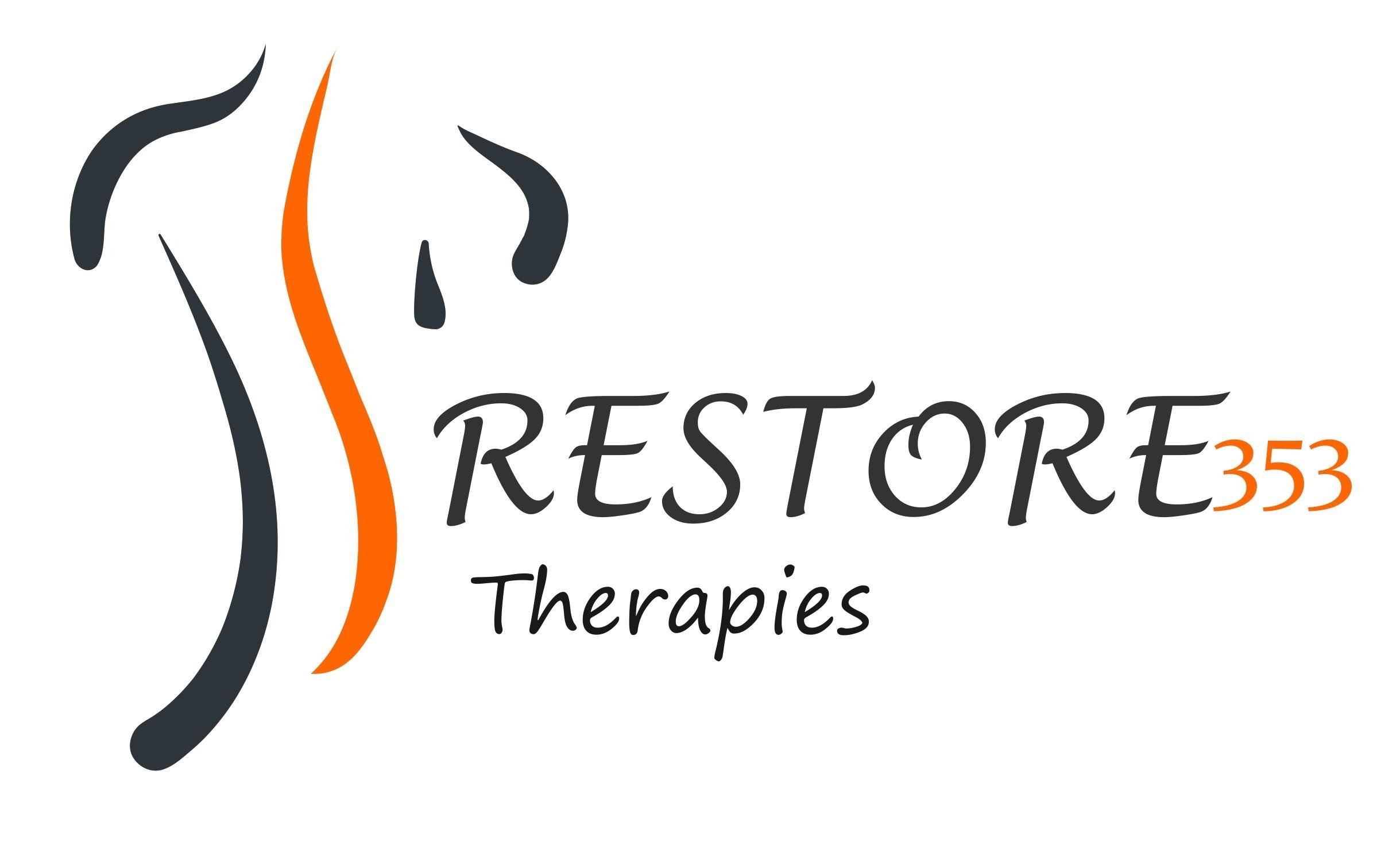MARATHON TRAINING: TIPS FOR THE BEGINNING RUNNER
As a beginning runner, it is both exciting and highly challenging to train for your first marathon! Here is a list of key tips to help you train efficiently and with confidence.
Shoes, shoes, shoes! Take the time to go to a running specific store such as Jack Rabbit and have someone assess your running. They can look at how your feet strike the ground, how you rotate your feet, where you apply pressure across the foot, and then help you select the best shoe for your personal running style. This can help reduce pain in the feet, ankles, knees and back!
Warm Up! Taking the time to get your muscles warm and activated can make a huge difference. Try doing some bridges to get your hamstrings warm, some arm circles and trunk twists to get your shoulders and torso warm, and try some fast walking or light jogging to get your overall body ready to go.
Start Slow! Take the time to get used to running. There are many training schedules online available that can help you organize your mileage and progression. The most important thing to consider is accumulating miles. This allows your body, your joints the ability and time to adapt to the new and repetitive stress that you are putting on it.
Running! Have a goal when you start, but be flexible. If you feel very tired, slow down and go back to a slow jog or walk. Then, kick it back up again when you are ready. As you continue to run, it gets easier and easier, and soon enough you will be running further than you could have imagined. If you feel great, maybe try for an extra 1/2 mile or try to run at a faster pace. Remember it is about accumulating miles. Your body will adjust if you give it the appropriate time and care.
Change It Up! As you train and increase your mileage, it becomes important to incorporate other exercise and training into the mix. Add 20-30 minutes of a different type of aerobic exercise such as swimming or cycling. Add strength training to keep both your upper and lower body strong and aligned. Strong shoulders become important as the runs get longer and longer. Strong legs help to keep your knees in good alignment and take stress out of the ankles. Add modalities such as Pilates and Yoga to increase core strength and flexibility. Strong aligned posture is essential to preventing injury.
Cool Down and Stretch! After you finish your mileage, take 5 minutes to slow jog into a slow walk to appropriately bring your heart rate back down. Take the time to stretch your hamstrings, calves, quads, back, shoulders, chest, and don’t forget your feet. Foam rolling is a great addition to the cool down, and studies have shown it decreases muscle soreness and recovery time.
Have fun! The most important advice is to have fun and enjoy the feeling. Pick a partner to run with for encouragement. Make a running playlist for inspiration. Change up your route, discover parts of the city you have not seen. Try smiling and that last mile may fly by faster than you thought possible!
For more information on our Marathon Training program, please visit here.


